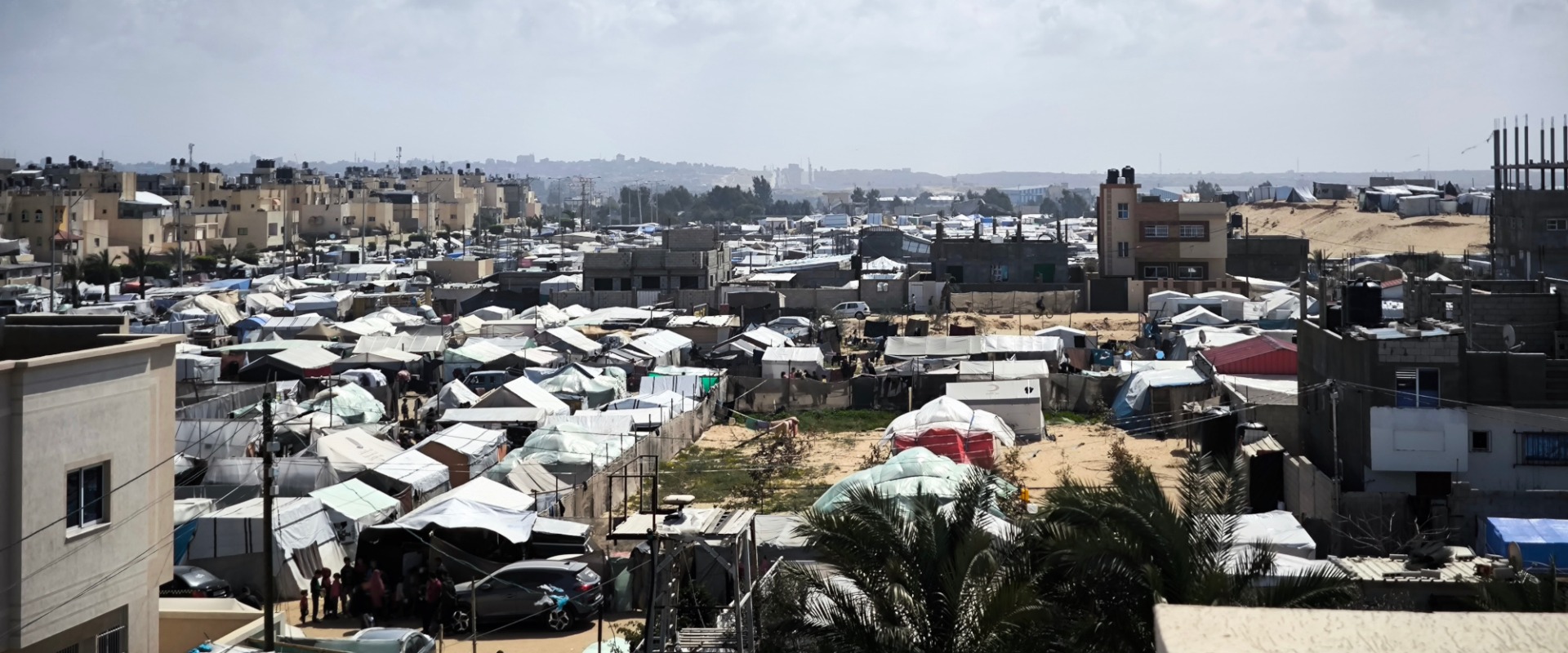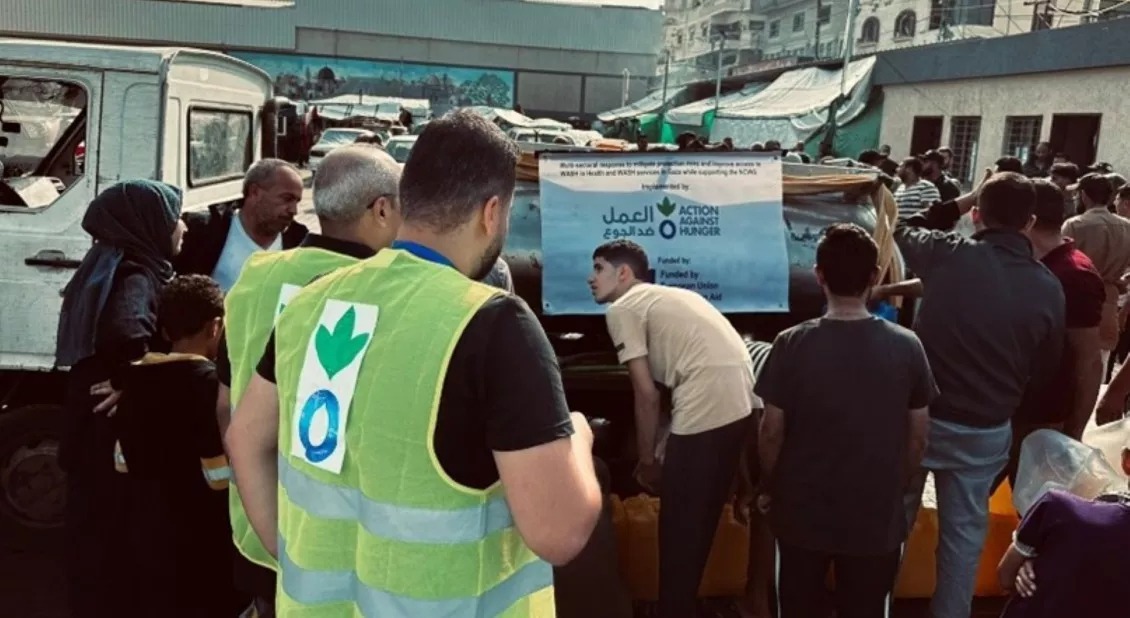
GIVE THIS RAMADAN


As of tomorrow, all remaining critical water infrastructure in Gaza will be completely shut down. In recent weeks, the United Nations Relief and Works Agency for Palestine Refugees in the Near East (UNRWA) has supported infrastructure for a limited supply of water.
Starting Nov. 16, it will no longer be possible to pump water from wells, desalinate drinking water or pump water through the main supply network. The lack of fuel will also mean that bottled water from trucks waiting to cross into Gaza from Egypt will not be able to be transported to the population. Millions of people there are increasingly desperate for clean water to survive.
The humanitarian situation in Gaza is more critical than ever. “We have reports that the fuel available in Gaza has completely run out, which means that all essential services, including telecommunications, will be totally disrupted,” says Chiara Saccardi, Action Against Hunger’s Middle East Officer. “This will severely affect the people of Gaza and our ability to provide humanitarian aid. Critical water and sanitation infrastructure will be paralyzed, exposing displaced and vulnerable families to increased health risks and hampering their chances of survival.”
The rains expected in the coming day will add to the sewage already flowing through the streets. The contaminated water is thus likely to lead to an increase in disease outbreaks, which will spread rapidly in overcrowded displacement shelters.
The importance of fuel
Without fuel, telecommunications services, including internet and online financial services, will not be operational as of Thursday. “Humanitarian organizations with staff in Gaza will not be able to support the coordination of our response to this crisis, already constrained by the insecurity and challenges we face,” says Saccardi. “In addition, our cash assistance activities will cease to function. ATMs and online banking services will become impossible without a fuel-dependent connection.”
The amount of water has been reduced by about 68% since the war began in Gaza. Much of this is due to a lack of fuel to pump water from underground sources, which account for 80% of Gaza’s water. The water infrastructure throughout Gaza once relied heavily on the power plant, which has not had fuel to operate since Oct. 11. Other power sources remain disconnected, including all cross-border power lines.
Much of Gaza’s water infrastructure has been damaged or destroyed in continued shelling. To date, of the 655 key water supply facilities, 25 have been completely destroyed and 114 have been damaged by the conflict. The water supply network, the treated water distribution network, and sewage pumping stations have also been damaged.
“People are resorting to unsafe and high-risk sources,” says Pablo Alcalde, Head of Water, Sanitation and Hygiene at Action Against Hunger. “It’s nearly impossible to operate water purification plants, leading to the transmission of diseases and an alarming focus of disease outbreaks.”
He adds, “The deepest aquifer, which has been until now one of the main sources of water, is not available due to the lack of fuel, both for extraction and for its desalination.”
Action Against Hunger staff are also already experiencing dangerous effects due to the lack of water and fear the cold weather predicted for the days ahead. “All the water tanks in our house are damaged, so we can hardly store water anymore,” one colleague in Gaza says. “We have ended up recycling water from cleaning or washing. With the storms and rain coming, many people living in crowded areas will be unprepared for the drop in temperatures and flooding.”
Action Against Hunger is working with local suppliers inside Gaza to distribute basic supplies such as water, food, hygiene products, diapers, blankets, and mattresses as efficiently and quickly as possible. We have already distributed thousands of bottles of water, hundreds of mattresses, and hygiene products inside the Gaza Strip, in coordination with local and international actors, despite many difficulties.
Join our community of supporters passionate about ending world hunger.